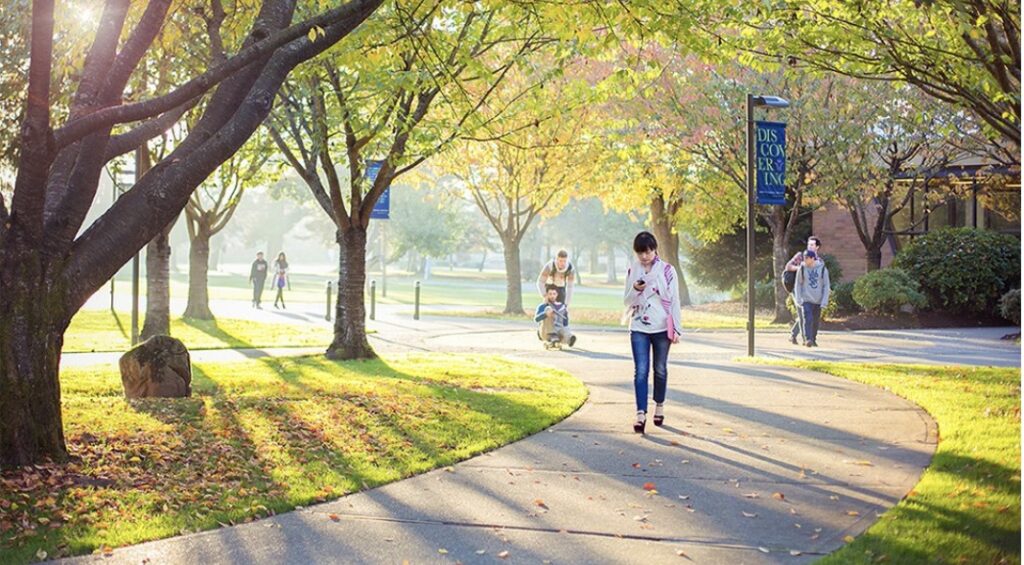[John Longhurst | RNS] When the administration of Azusa Pacific University dropped the section of its student code of conduct that banned same-sex relationships last August, reaction was swift.
American Christian media and church leaders were quick to accuse the evangelical school of caving to societal pressure and compromising its Christian identity.
The response prompted the university’s board to reverse the change, affirming the definition of marriage as being between “one man and one woman.”
About the same time, Trinity Western University — Canada’s premier evangelical university — also made a change related to same-sex relationships, but in a different way and with different results.
In TWU’s case, the school kept its community covenant, which requires students to “abstain” from “sexual intimacy that violates the sacredness of marriage between a man and a woman.”
But signing the covenant is now voluntary.
Over the past year, reaction to the change has been mostly positive, said James Tweedy, TWU’s director of marketing, and support for the university remains strong.
“We haven’t experienced a negative impact on donations,” he said. “In fact, both donations and enrolment continue to be stronger than in prior years.”
Overall, Tweedy added, “the response has been largely positive and has been seen as a necessary step towards creating a true gospel-centric community.”
The change followed a ruling two months earlier by Canada’s Supreme Court that the law societies of British Columbia and Ontario had the power to refuse to accredit a law school TWU wanted to create — because of that covenant.
The court ruled the covenant discriminated against LGBTQ students since they would be unable to sign it to gain admission to the law school.
TWU President Bob Kuhn declined a request for an interview.
But in a podcast interview with the evangelical magazine Faith Today, he noted the covenant still applies to faculty and staff, who have to sign it annually.
By making the covenant voluntary for students, Kuhn said, TWU was clarifying “it does not discriminate in terms of enrollment for any person from any belief or any LGBTQ or other group.”
He went on to say that LGBTQ students at TWU tell him they feel “welcome and embraced and supported” at the school.
[Editor’s Note: This article was written by John Longhurst and originally published at Religious News Service. Title changed by P&P.]











